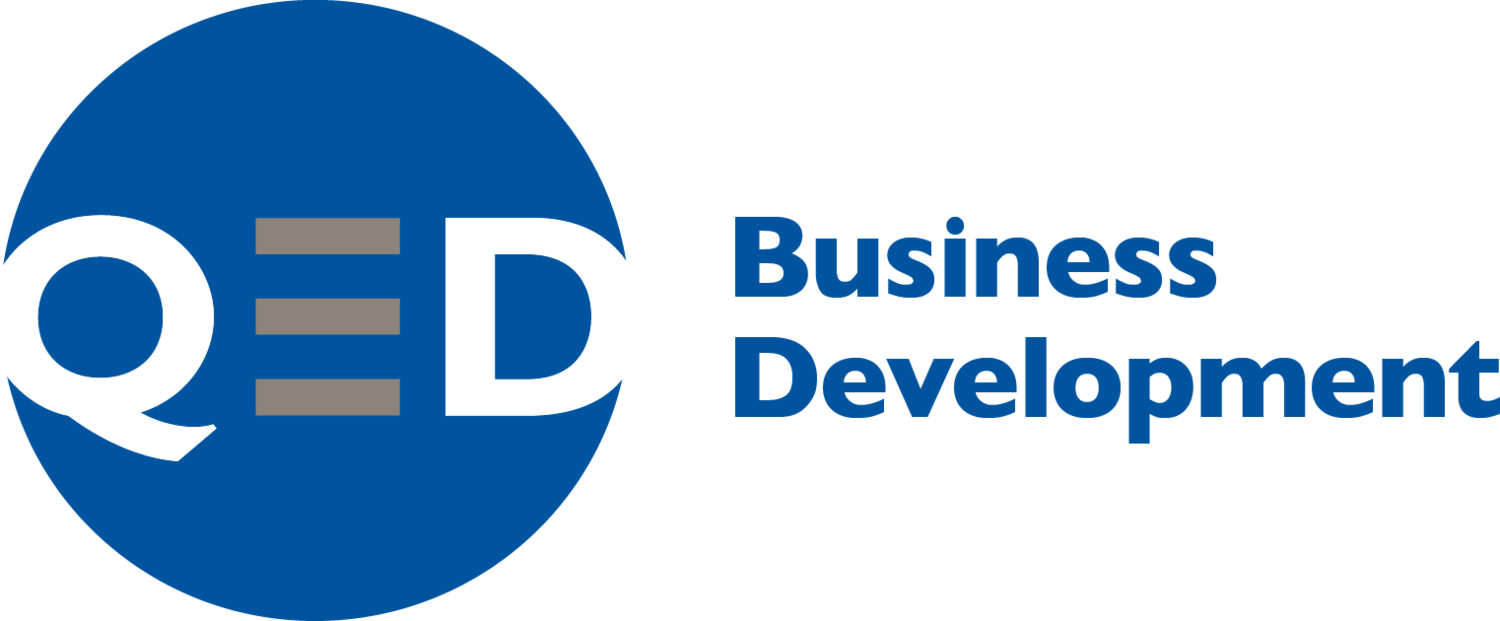I have multiple conversations with professionals who have good networks, are busy getting out and about, but can't ask for the business. Over the years I've changed my mind about the benefits of partially scripting how to go about this. I used to let people be a bit more unconstructed about how they ran their BD meetings/coffees/lunches. This laissez-faire approach didn't work - at least not often enough for me to be happy with it. Too often, these interactions finished with a warm and fuzzy feeling.... but often just from the coffee! Not often enough did they finish with an agreement to transact, to engage, to introduce, to propose, to 'take it the next step'.
I'm now convinced that you need to spend more effort constructing the best questions to get the best answers. And this is borne out in the results my candidates are getting from their BD meetings. Now, with a little extra preparation, they're coming back with anecdotes of client's pausing, considering, and then granting the wish....
There are numerous ways to go about constructing the best questions, but at its heart they need two things:
To be emotionally engaging - i.e., exploring levels of interest and prioritisation rather than just facts, and
To be preceded by a killer LEAD-IN.
What, I hear you say, is a killer lead-in? It's the enabler that allows you to ask what might usually be an awkward question. It opens up the conversation to allow deeper insights and more considered thinking. It helps people to accept the reason you're meeting and give you a more honest response. And at its essence, it opens the door to more efficient BD activity.
So what is my killer lead-in?
'Do you mind if I ask...'
I can pretty much guarantee that this most simple of phrases will transform your BD.
It will give you permission, by asking permission. What I mean by that is, it will allow you to overcome the reluctance normally associated with asking for the business. And just by asking better questions, you'll get better outcomes. Used before a key question it will cause a moment's reflection on the part of the client before answering. And in that moment, they'll often be making a considered decision about whether they need you on their team.
So consider framing your questions along these lines:
Do you mind if I ask what your budget expectations looks like?
Do you mind if I ask what, apart from price, you'll be taking into account in making your decision?
Do you mind if I ask what is most important to you when deciding to choose a provider?
If you just change your lead-in, you'll ask for the business more often, and get better outcomes. Try it at your next coffee.
Paul McAllister helps lawyers, accountants and engineers reach their revenue goals through practical business development coaching and is ALWAYS looking for better ways to help his clients get better outcomes.

